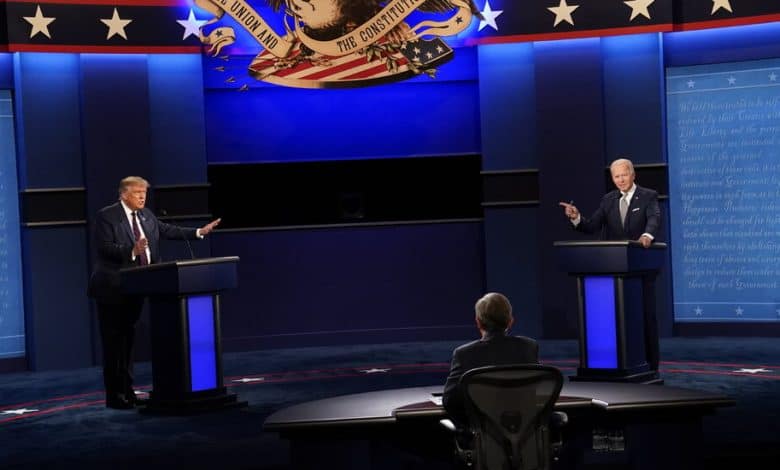How Biden and Trump Might Try to Win Their Debates

You can count Kevin Madden, a strategist who worked for Mitt Romney’s 2008 and 2012 campaigns for president, among those who are surprised that this year’s presidential debates are happening at all. The risks, he said, seemed to outweigh the rewards for both President Biden and former President Donald J. Trump.
But the candidates seemed to disagree. On Wednesday, Mr. Biden announced that he would participate in two debates, on nontraditional terms; Mr. Trump quickly signed on; and CNN and ABC News confirmed that they would play host on June 27 and Sept. 10.
How much debates influence elections has long been a subject of, well, you know. Even when a particularly good zinger or bad gaffe makes enough of an impression to enter history books — consider Ronald Reagan’s “There you go again” in 1980 or Gerald Ford’s “There is no Soviet domination of Eastern Europe” in 1976 — there is no knowing whether it was decisive.
But with a race as close as this year’s could be, and a playing field as narrow as this year’s almost definitely will be — a few hundred thousand voters in maybe seven states — almost anything could be decisive.
“More than any ad or any field organizing or these big swing-state rallies, those 90 minutes on a debate stage in June could be the event that really makes or breaks one of these campaigns,” Mr. Madden said. “There’s no managing expectations down on these.”
Several veteran political strategists, both Democrats and Republicans, offered their thoughts on Thursday about what Mr. Biden’s and Mr. Trump’s goals should be.
